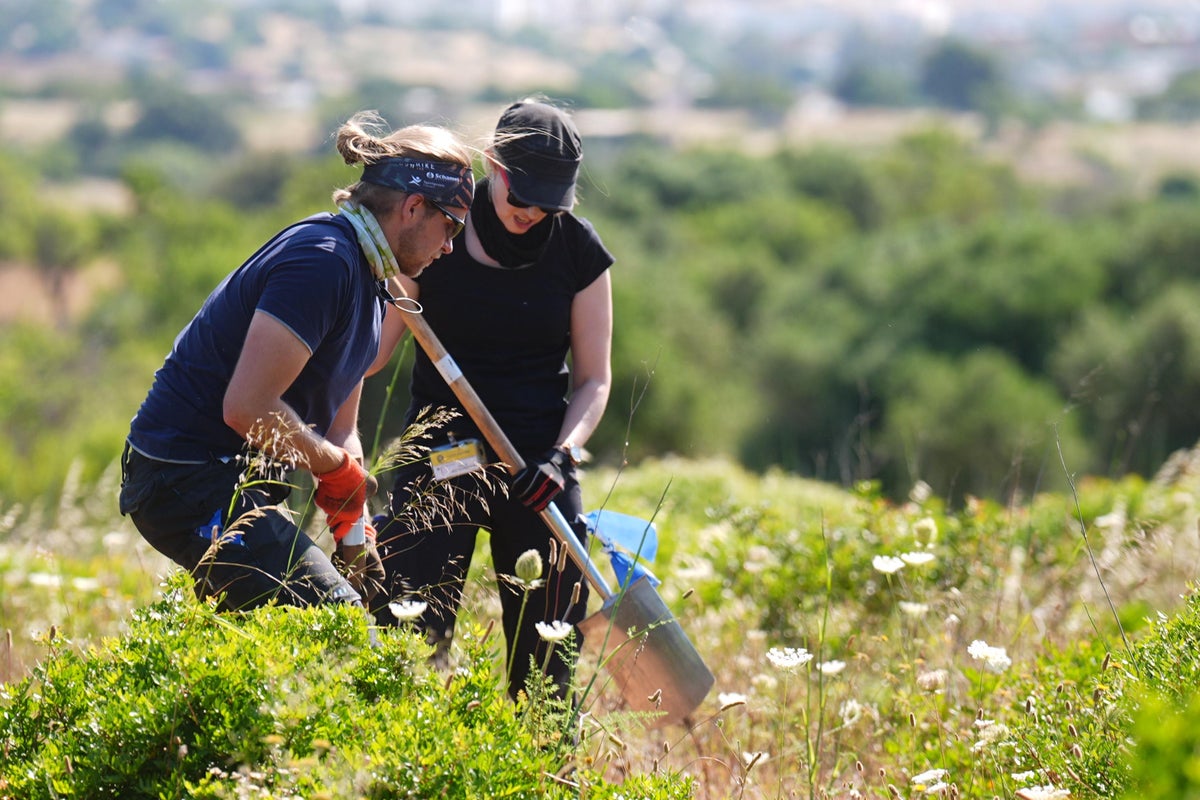The mystery of the missing three-year-old Madeleine McCann has preoccupied the British public since she vanished from her family’s holiday apartment in Praia da Luz, in Portugal’s Algarve 18 years ago.
Millions of pounds have been spent on investigation after investigation amid relentless media scrutiny, but progress appeared to have all but stalled until 2020, when German investigators revealed they had identified a prime suspect – convicted rapist Christian Brueckner.
So when German federal officers this week descended on a string of abandoned buildings in a stretch of neglected wasteland near a cottage he used to rent outside Praia da Luz, armed with high-tech ground penetrating radar, the world watched. Was it possible that this time they would uncover the truth?
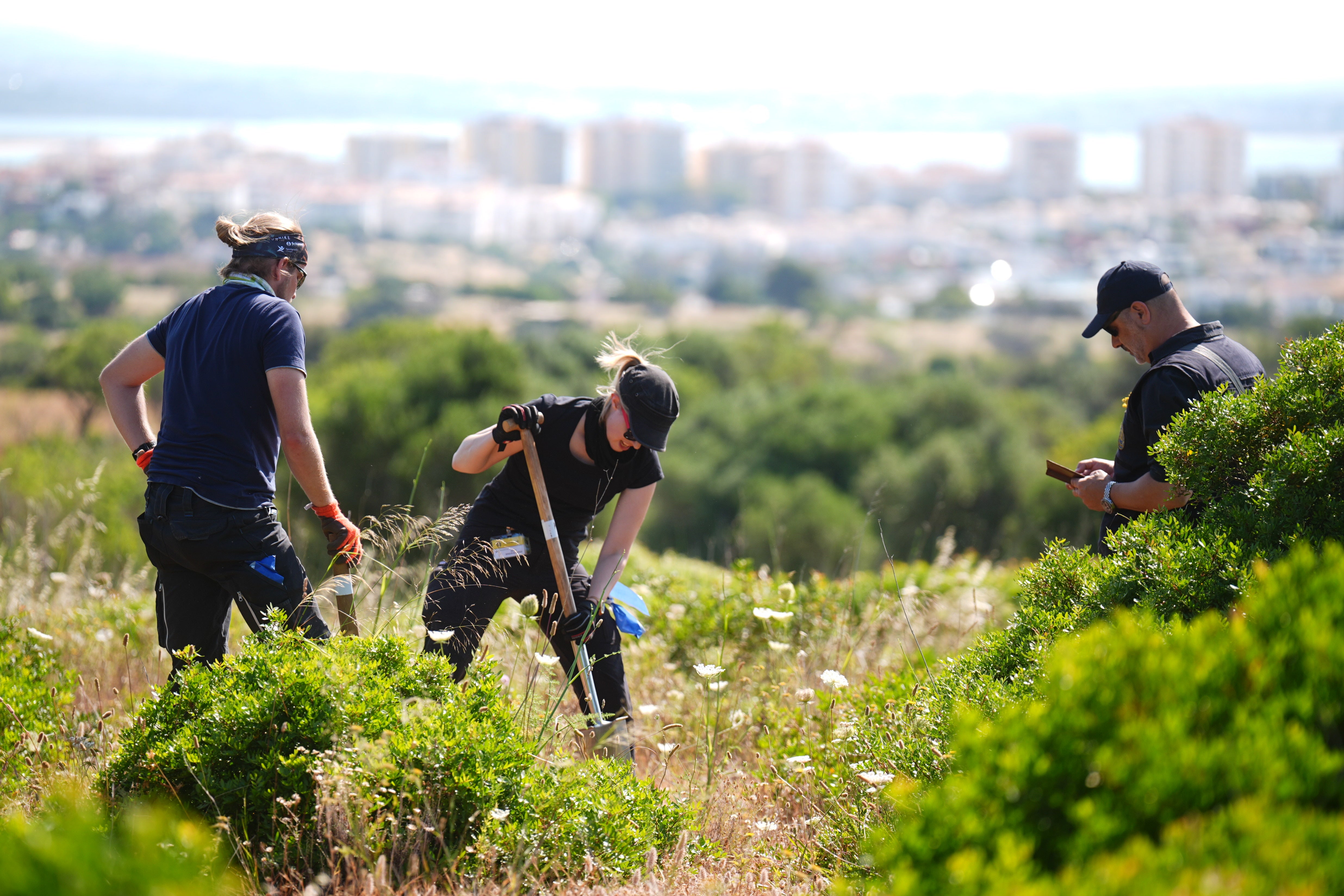
Officials have not yet commented on what, if anything, they discovered. But as crews packed up with a few soil samples and some animal bones after three days of searches on Thursday, it seemed like they were once again leaving without answers.
Not even Portuguese police, who supported the German search efforts, knew what intelligence had prompted them to suddenly target these remote locations.
But without concrete evidence linking Brueckner to Madeleine’s disappearance, German officers are in a race against time.
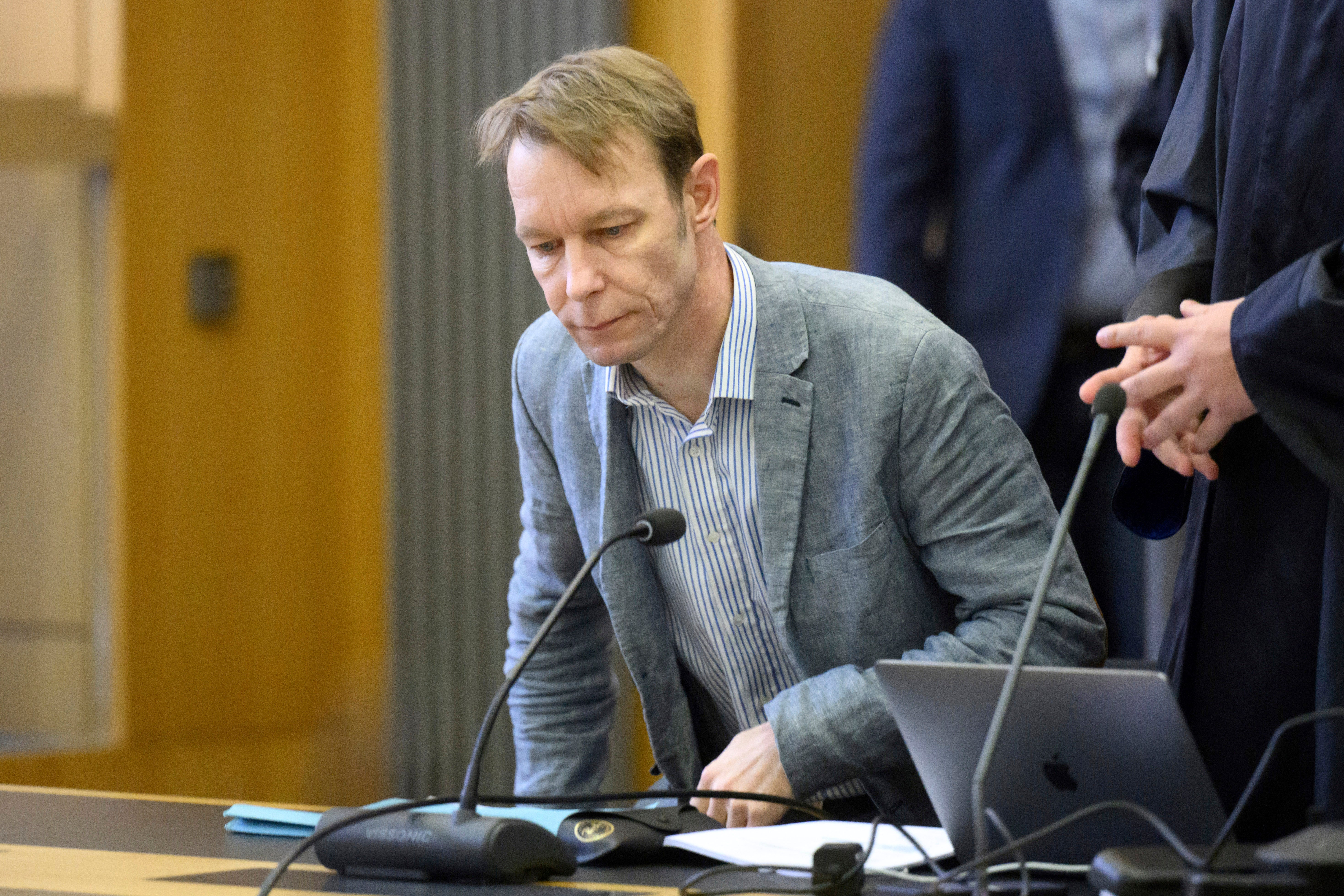
The 47-year-old suspect could be freed from Sehnde prison, outside Hanover, by September as his seven-year sentence for a raping a 72-year-old American woman in Praia da Luz in 2005 comes to an end.
Brueckner, who denies any involvement in Madeleine’s disappearance, has already revealed he plans to leave Germany when he’s released, with suggestions he could move to the Far East or South America.
Small teams of a dozen-or-so officers spent three days this week in the beating sun as they scoured derelict farmhouses and outbuildings in the stretch of scrubland just over a mile from where Madeleine was last seen.
The 120-acre area, off a dramatic clifftop path along the coast between Atalaia and Lagos, is said to have once been populated by a farming community, but it has long been abandoned because it is so arid.
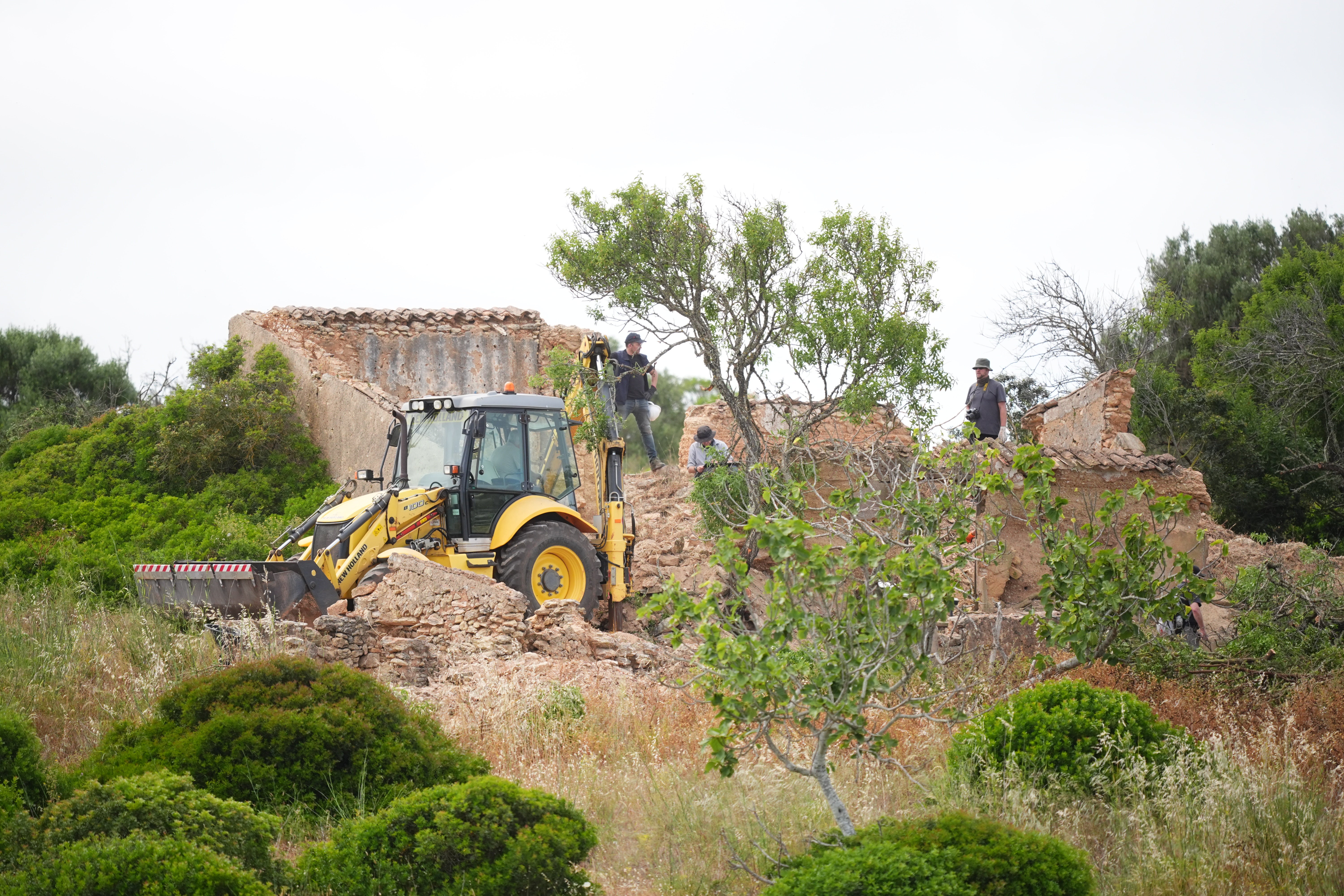
Officers from Portugal’s most senior force, the Policia Judiciaria, usually spend their time investigating serious organised crime, terrorism and murders, but found themselves shifting rocks and rubble in the unrelenting heat as they were drafted in to support German investigators.
They used shovels and chainsaws as they battled with rock-hard ground and overgrown vegetation. They brought in a digger as they cleared rubble and detritus from inside the old structures, seemingly to clear the path to use ground penetrating radar equipment on the second day.
Fire crews helped them to pump out a disused well at one derelict farm building, which was littered with graffiti.
Watching them work, it was apparent that if the answer to Madeleine’s disappearance lies in this outback, the odds of them finding any meaningful evidence after almost two decades are depressingly slim.
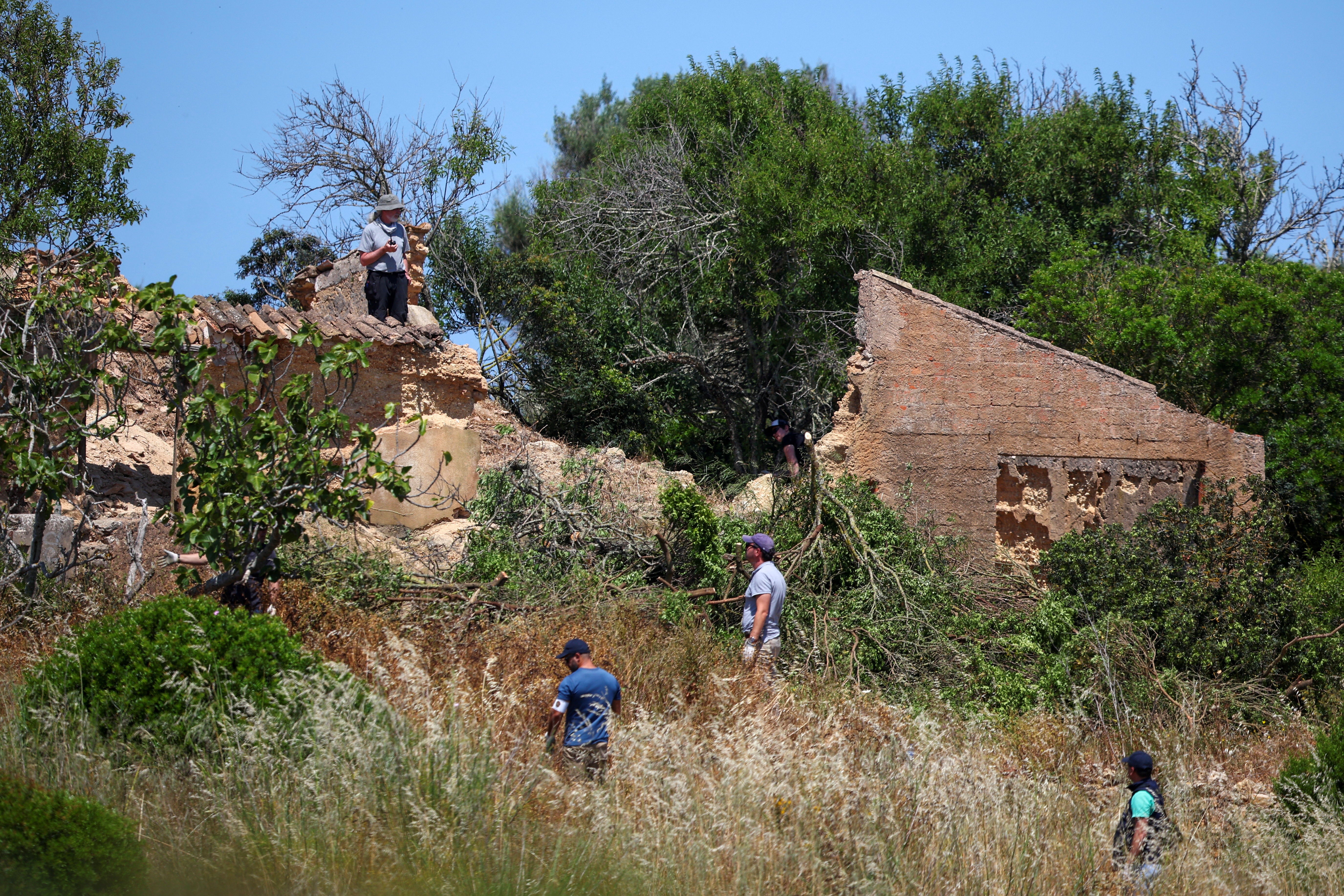
The swathe of scrubland is completely devoid of shelter from the midday sun or strong winds blowing in from the coast.
The vast expanse of hilltop is dotted with old buildings, barns and other structures which have fallen to wrack and ruin. Many appear to have been used by itinerants or those looking for a remote haunt to drink, with signs of old campfires outside.
It was clear that it is an area so vast and inhospitable, you could never search every square inch, and the search teams seemed resigned to their gruelling duties.
When one local policeman was asked by a journalist what they expected to find, he rolled his eyes and shrugged, before saying: “You tell me.”
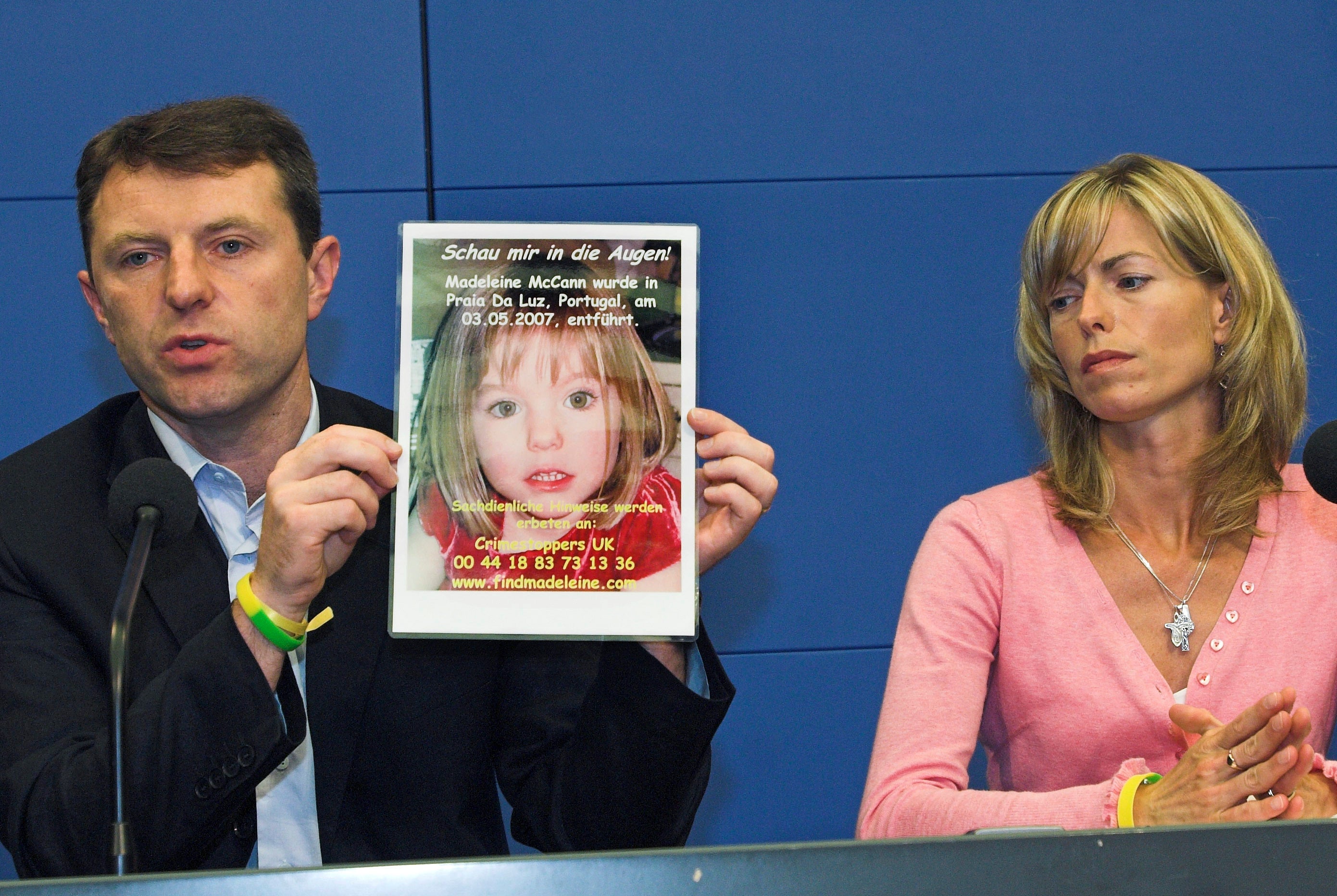
In a valley less than a mile away, where Brueckner rented a run-down cottage at the time of Madeleine’s disappearance, a neighbour recalled how the “angry” young man used to have regular rows with his girlfriend.
She hit out at the latest search operation, adding: “It’s a pile of rubbish, we are all so exhausted, it just goes on and on. It beggars belief.”
Brueckner’s former friend Helge Busching, who has testified to German police that he confessed to him a year after her disappearance, this week issued a stark warning.
“They have to find something because time is running out,” he told the Daily Mail. “Brueckner could go free in September and, if he does, he will disappear. There has to be some hope for Madeleine’s parents.”
When investigators appeared to pack up and leave without answers at the end of the search on Thursday evening, there were no obvious signs of any major discoveries.
Kate and Gerry McCann have not commented on the latest efforts, which come just a month after they marked the 18th anniversary of Madeleine’s disappearance and what would have been her 22nd birthday. But it is not the first time their hopes have been dashed in the long years since she vanished without a trace.
Nevertheless, nearly two decades on, they remain optimistic.
In a statement posted on their website findmadeleine.com last month, they wrote: “As we arrive at the 18th anniversary of Madeleine’s abduction, we’d like to thank our faithful supporters once again for standing by us and never forgetting about Madeleine.
“The years appear to be passing even more quickly, and whilst we have no significant news to share, our determination to ‘leave no stone unturned’ is unwavering. We will do our utmost to achieve this.”
Whether this most recent search will ultimately produce the answers they desperately seek remains to be seen.



